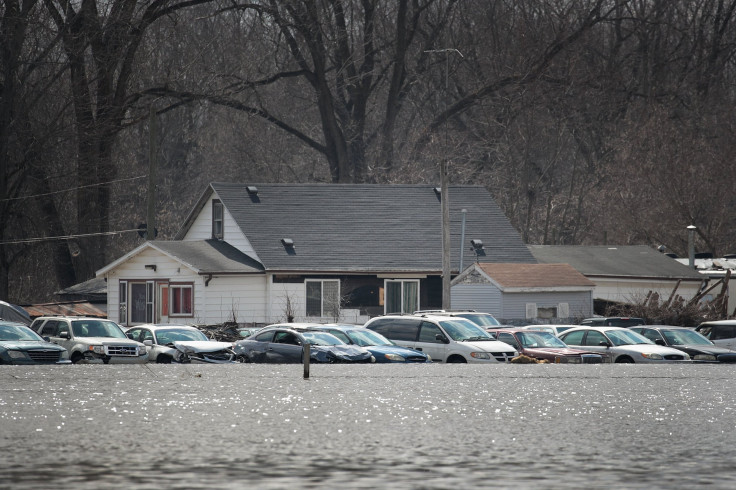Move Away From Coastal Areas While You Still Can, Scientists Sound Warning On Climate Change
A team of scientists has urged people to retreat from the coastal areas while they still can in order to move out of harm’s way, rather than being forced to move after disasters triggered by climate change strike.
The trio of scientists wrote in a paper published in the journal Science, that an estimated 1 billion people will be forced to migrate away from their homes due to disasters associated with climatic change in the next 30 years. The only way to avoid that scenario, according to them, would be to start a planned retreat from the low-lying coastal cities now, rather than waiting for harm that is sure to come.
"Faced with global warming, rising sea levels, and the climate-related extremes they intensify, the question is no longer whether some communities will retreat — moving people and assets out of harm’s way — but why, where, when, and how they will retreat," the environmental scientists wrote in the paper.
We'd Better Retreat from the Coasts While We Still Can, Scientists Urge Amid Climate Crisis https://t.co/KEgHHKmjFE pic.twitter.com/cwnCeqVC79
— Live Science (@LiveScience) August 22, 2019
According to the Intergovernmental Panel on Climate Change (IPCC), the planet is bound to see 1.5 °C of warming between 2030 and 2052, and 3°C to 4°C by 2100. If the warming is maintained at 1.5 °C, then sea levels will rise around 77 cms by the turn of this century. This is about 10 cms lower, and would displace 10 million fewer people, than what it would have been if the warming would have reached 2 °C.
The scientists -- A.R Siders, Miyuki Hino and Katharine J. Mack -- wrote that preparing now for the imminent retreat is a much better solution, as it enables to make strategic and managed decisions, rather than reacting with forced migrations after the disasters have struck. They suggested developing policies and infrastructure to aid this planned migration, like reducing properties developed in disaster prone areas and increasing affordable housing at safer communities, as soon as possible.

While the researchers argue that the fear impending doom resulting from climate change disasters could force people to rebuild the world in a sustainable way, it could also result in poorer sections of the society bearing the brunt of the disasters.
"Retreat may exacerbate historic wrongs if it relocates or destroys historically marginalized communities. Conversations around who should pay for retreat will almost certainly need to address reasons why certain communities find themselves at risk," the researchers wrote.
While widespread migration may not occur immediately, the researchers stressed that it is imperative to start planning and preparing for the global challenge right now.
© Copyright IBTimes 2024. All rights reserved.





















